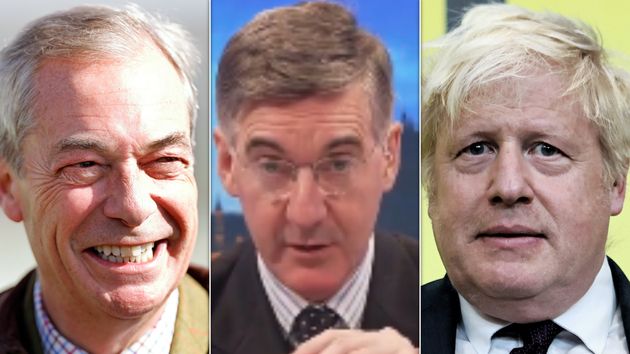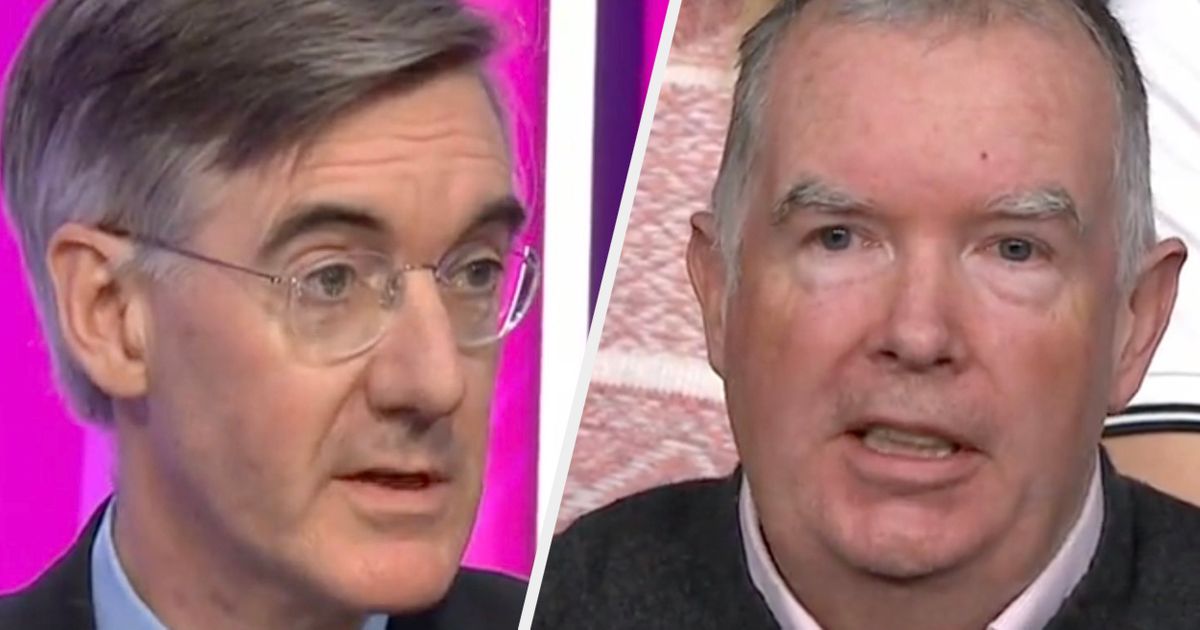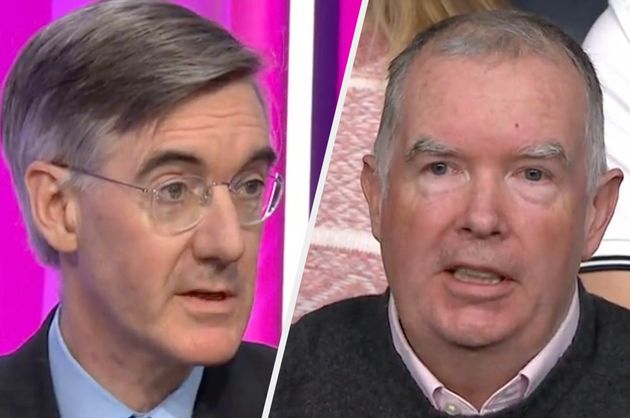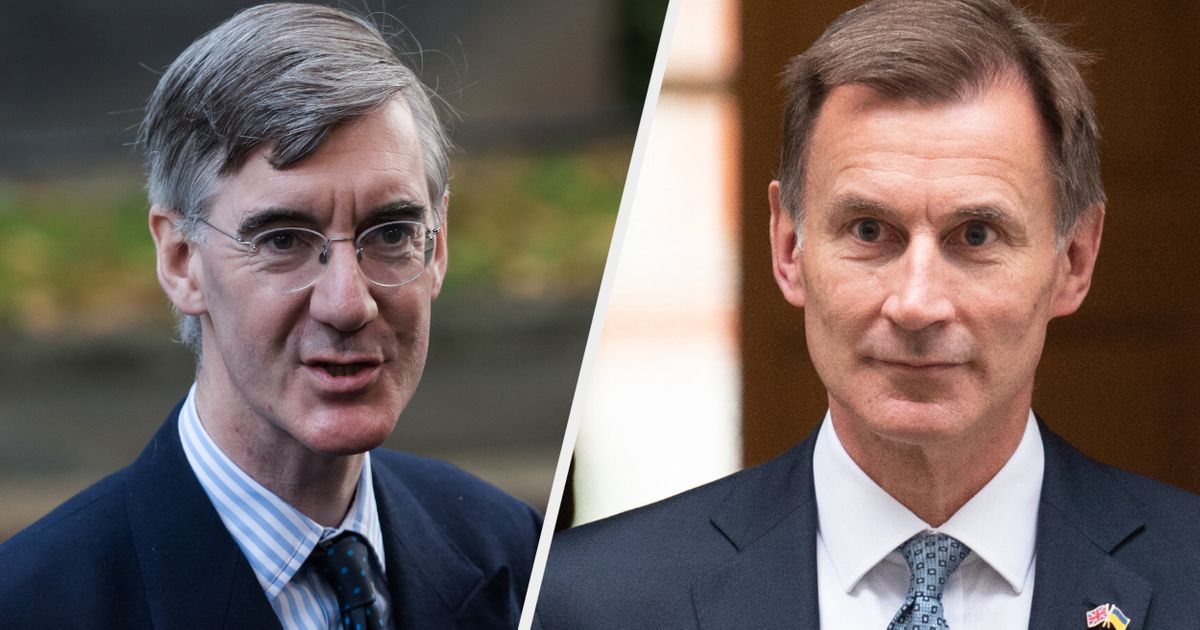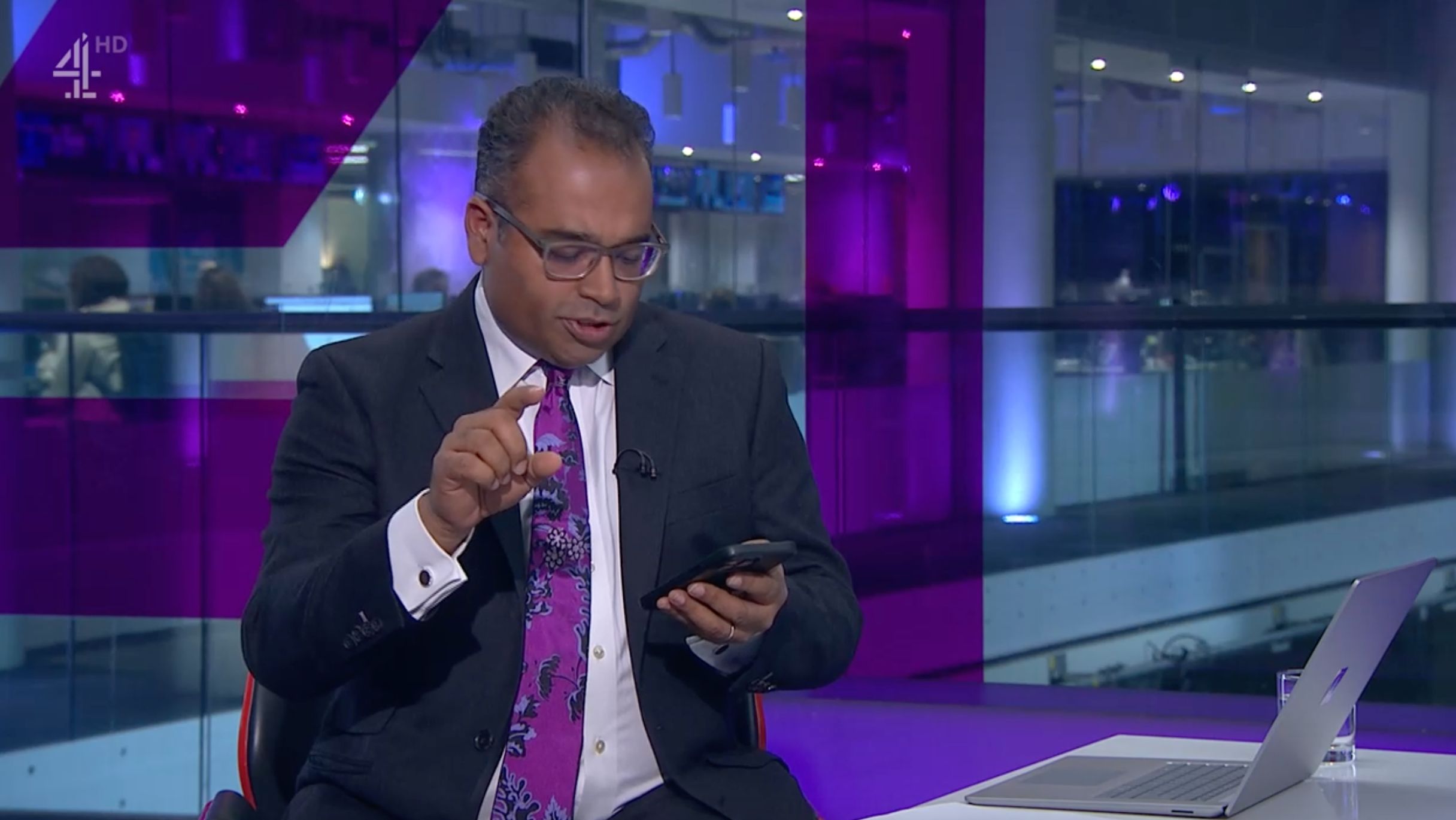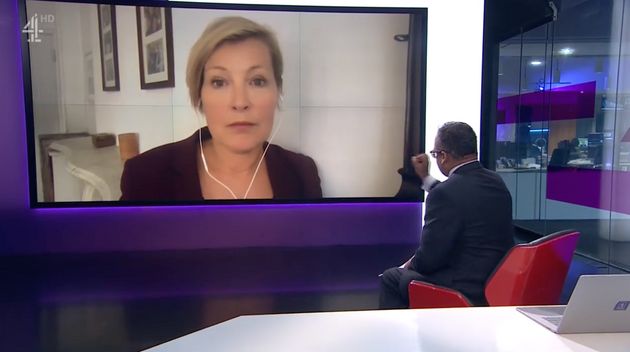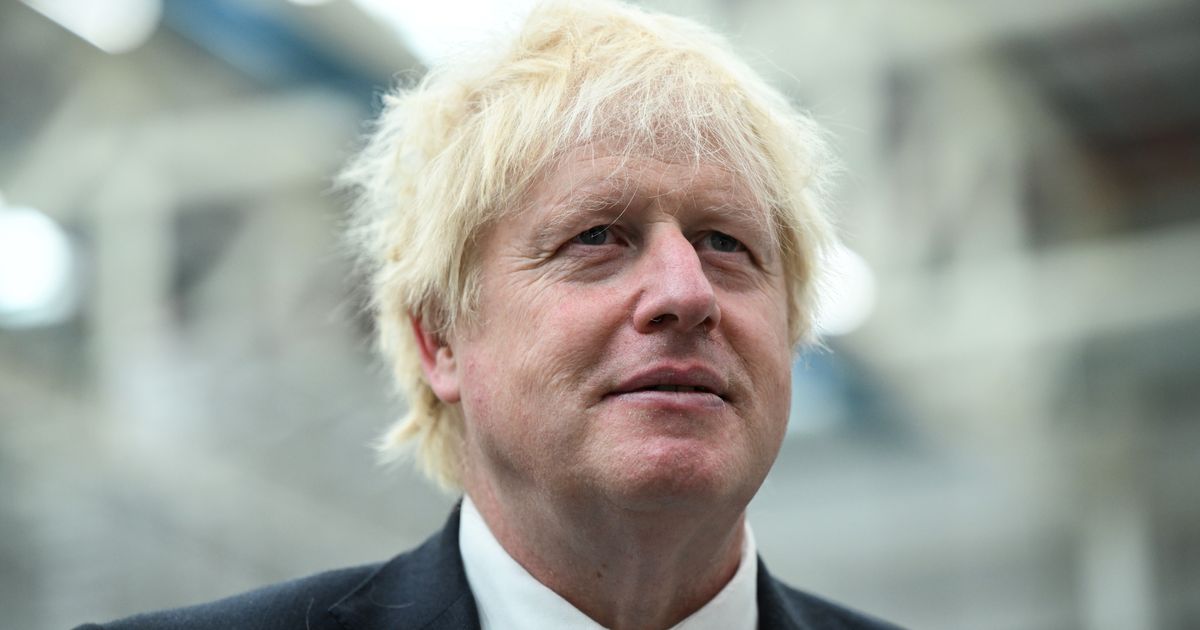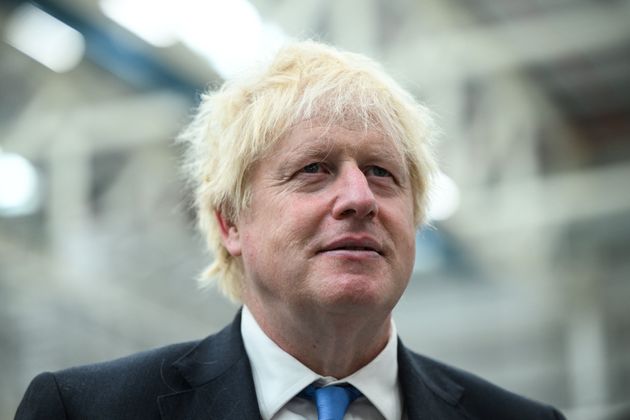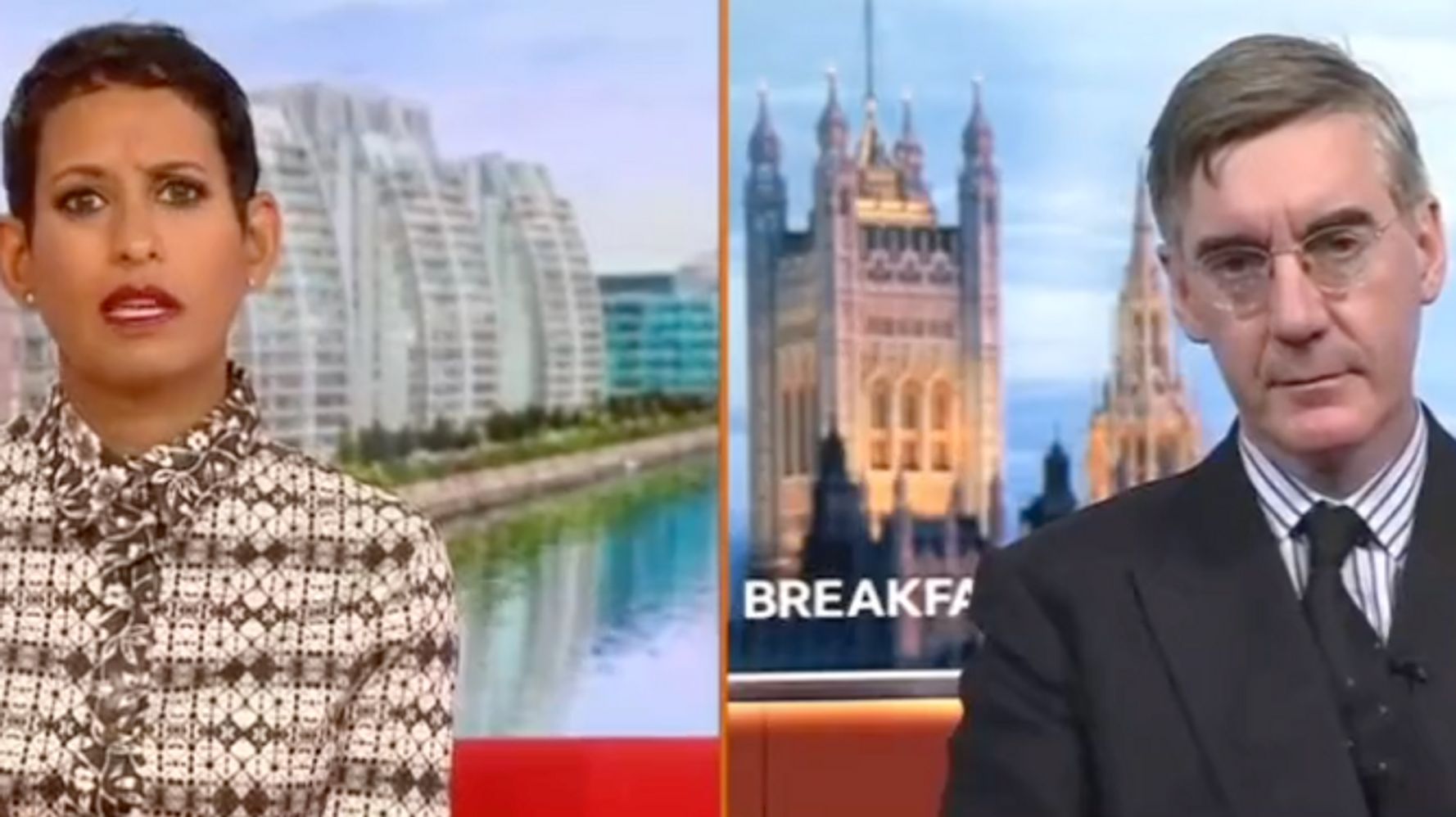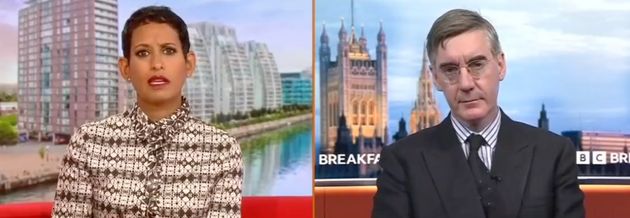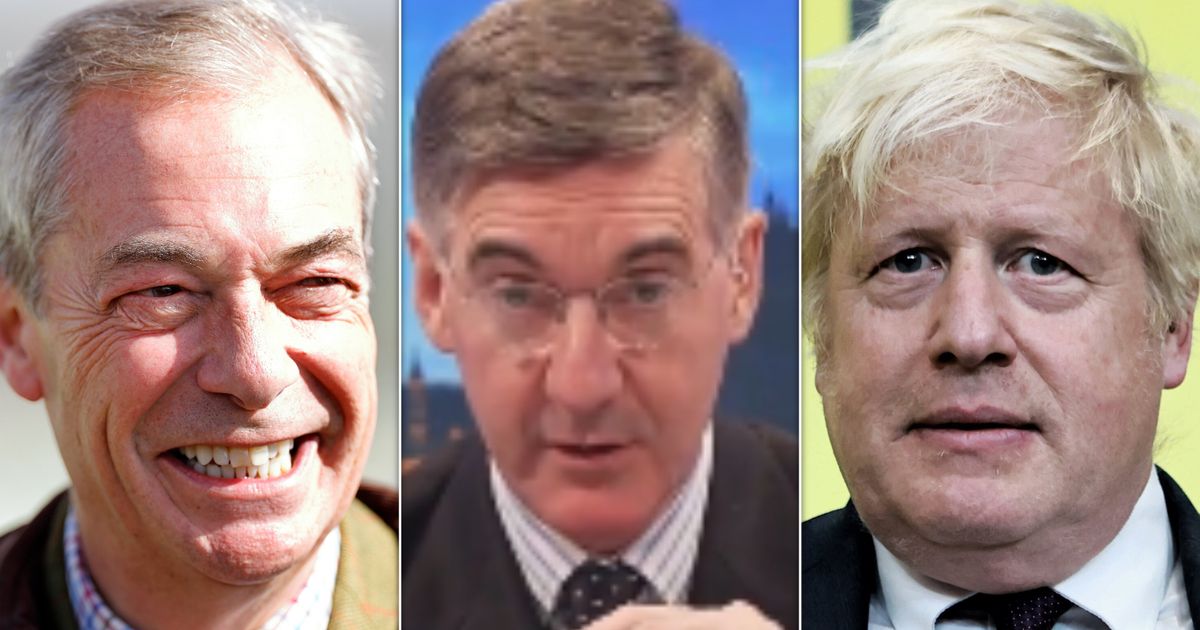
Jacob Rees-Mogg has a new plan to make sure the Conservatives win the next general election – but it’s not exactly popular.
Speaking on his GB News show last night, the former cabinet minister and current backbencher announced his plan to “reunite the right” with a “big, open, comprehensive offer to those in Reform”.
Advertisement
Yes, that’s Reform UK, a party originally set up by famous Brexit campaigner and ex-UKIP leader Nigel Farage, now run by Richard Tice and Ben Habib.
Reform currently has just one MP, Lee Anderson, who defected from the Tories earlier this year shortly after resigning as the Conservative Party deputy chair.
It’s thought Reform could end up splitting the right-wing vote when the public next hit the ballot box.
So, Rees-Mogg suggested bringing famous right-wing figures back into the Conservative fold.
He said: “With the help of Nigel Farage in a Conservative government, with Boris Johnson probably returning as foreign secretary, as well [as] welcoming the likes of Ben Habib and Richard Tice into the Conservative Party.”
Advertisement
His nod to the former prime minister is no surprise, considering he served in his government.
The MP also claimed in his “Moggologue” that a truly Conservative government would then be able to look at “slashing migration”, “rolling back the disastrous green agenda” and “abolishing the Equality Act”.
He even suggested that if Farage rejoined Reform, the party would shoot up to 16% in the polls, just 5% behind the Tories – so merging the two parties together would take the Conservatives up to Labour’s current polling at just over 40 percentage points.
He said it is by doing so, “winning the next election is well within reach”.
However, the Conservative Campaign Headquarters told POLITICO’s Playbook they were “unequivocally” ruling out this idea.
Meanwhile, the Liberal Democrats called for the Tories to suspend the whip.
The party’s deputy leader, Daisy Cooper, said the Conservatives are “a shambolic mess” with MPs in “open revolt” against Sunak.
“If the Prime Minister had any bottle he would suspend the whip from Rees-Mogg and rule out Nigel Farage being allowed into the Conservative Party,” she said, and called for a general election.
Advertisement
There is no denying that the Conservatives’ electoral chances are currently in dire straits – polling gurus predict there is a 95-99% of a Labour victory – but people could not help but laugh at this idea…
Advertisement

